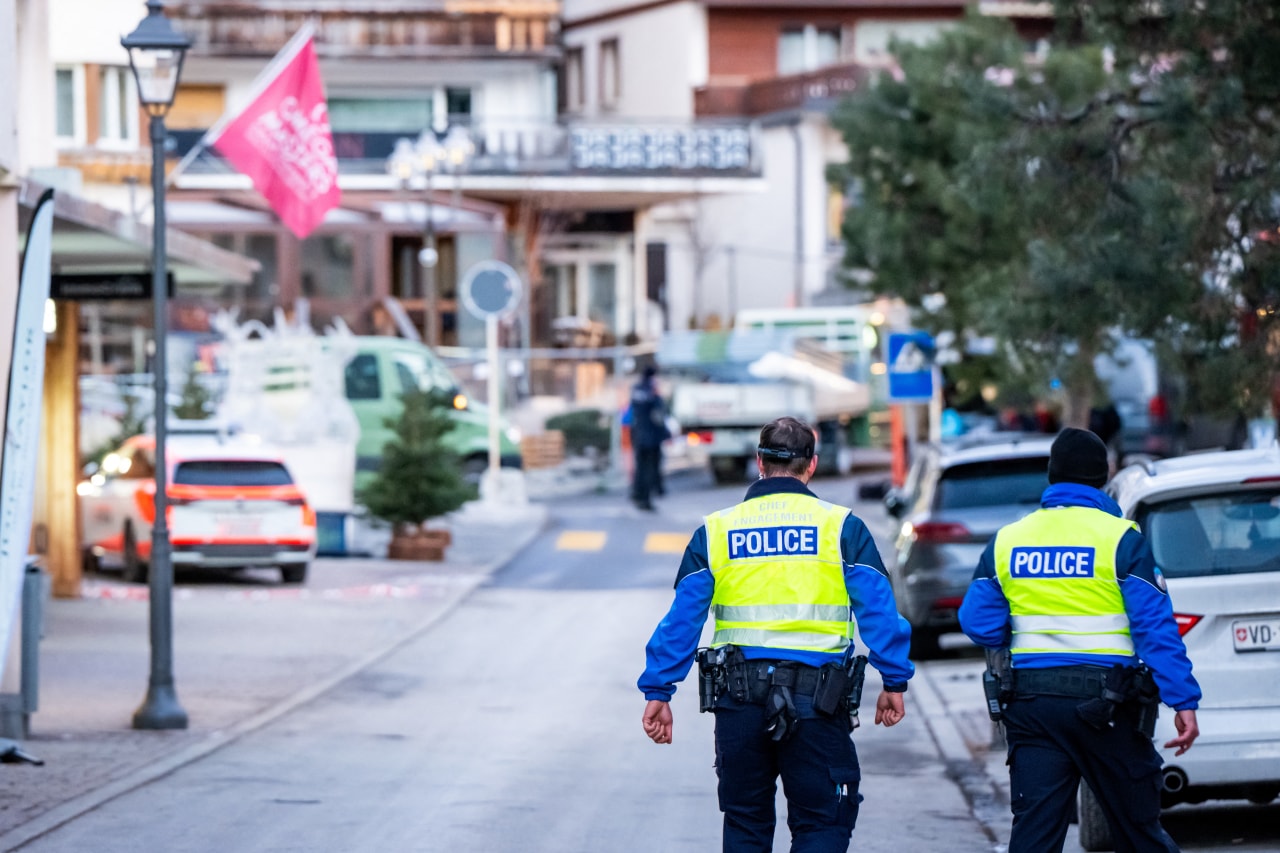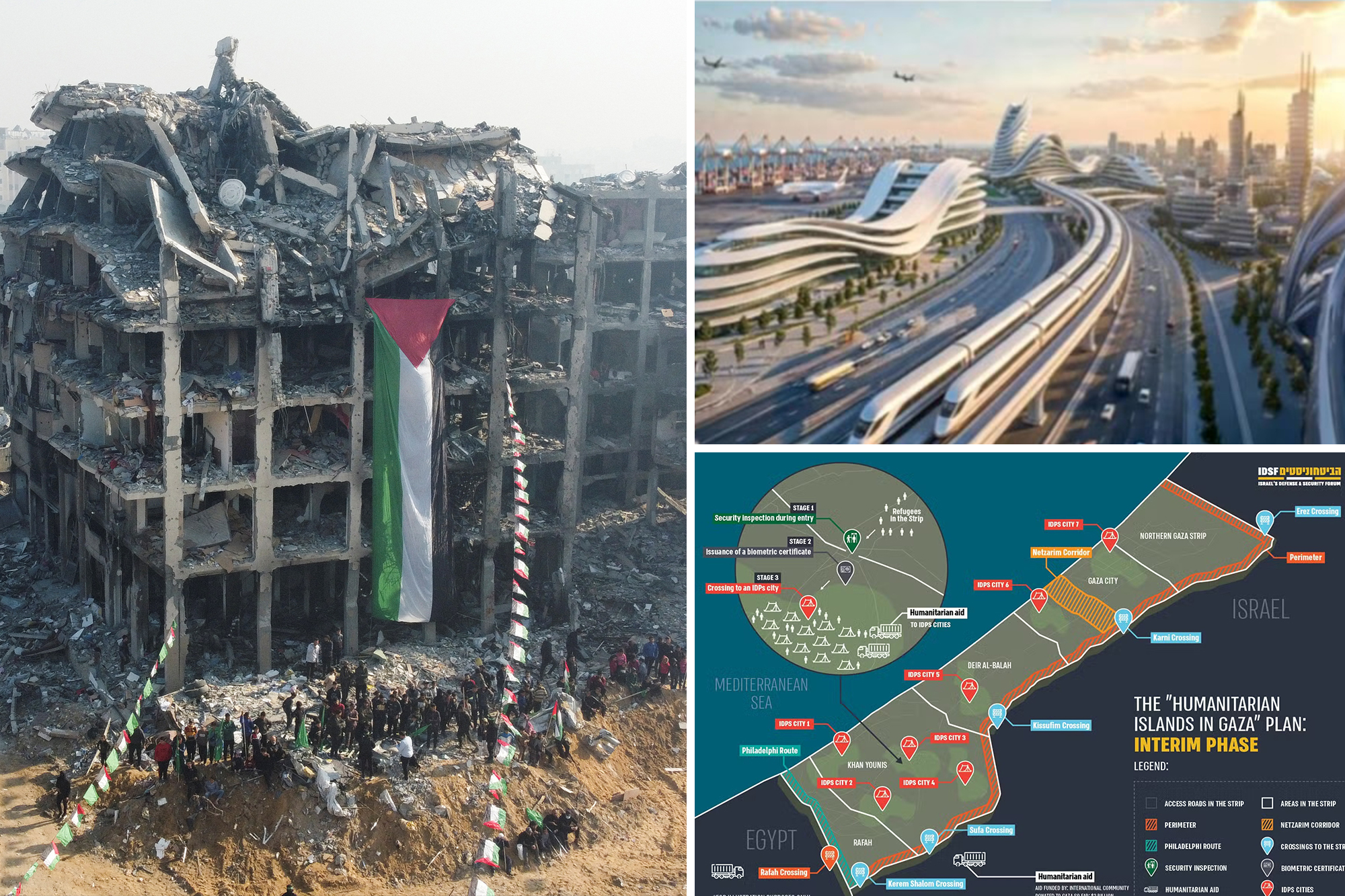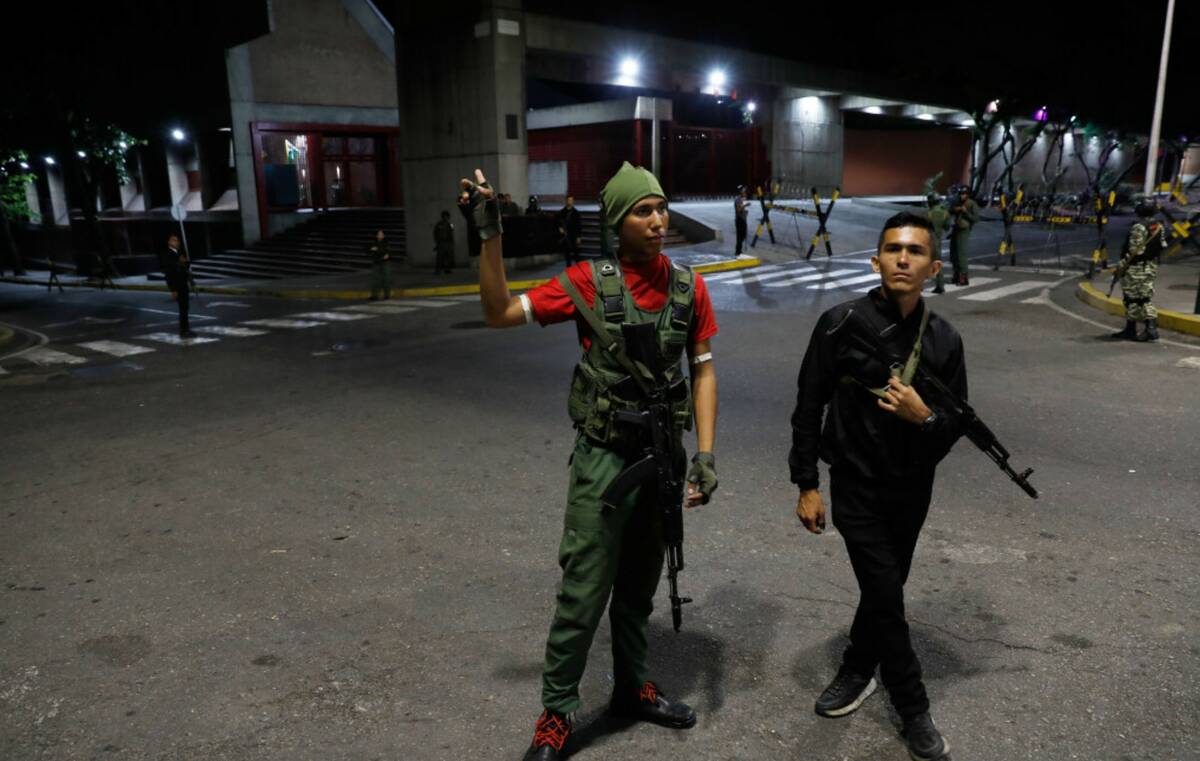Relatives of Colombian humanitarian worker Manuel Tique are urging the Venezuelan government to release him after he was not included in a recent prisoner exchange. On February 23, 2024, Venezuela released 18 Colombian prisoners, but Tique remains among approximately 80 foreign nationals detained in the country, according to human rights organizations.
Diana Tique, Manuel’s sister, expressed her disappointment upon hearing that her brother was not among those freed. She had held out hope for his return, fueled by rumors of a potential release. “Every day is a struggle without him,” she stated, emphasizing the emotional toll of the ongoing separation.
Manuel Tique has been working as a humanitarian aid worker in Venezuela, focusing on providing support to communities affected by the ongoing economic and political crisis. His family believes he was unjustly imprisoned due to his efforts to assist vulnerable populations.
Human rights advocates have criticized the Venezuelan government’s treatment of foreign detainees. According to the Venezuelan Commission for Human Rights, the detained individuals are often held without formal charges or access to legal representation. These concerns underscore the broader issue of human rights abuses within the country.
Diana Tique and other family members are now calling for international support to secure Manuel’s release. They are urging organizations and governments to advocate on behalf of those wrongfully imprisoned, highlighting the need for accountability in Venezuela’s legal system.
The situation reflects ongoing tensions between Venezuela and Colombia, as well as the broader implications for humanitarian workers operating in politically unstable regions. The Tique family is determined to continue their fight for justice, emphasizing that Manuel’s work is crucial for the communities he serves.
While the release of 18 prisoners offers a glimmer of hope, the Tique family remains focused on the need for the return of all unjustly detained individuals. The case of Manuel Tique is emblematic of the struggles faced by many in similar circumstances, pointing to the urgent need for change in Venezuela’s treatment of foreign nationals.







